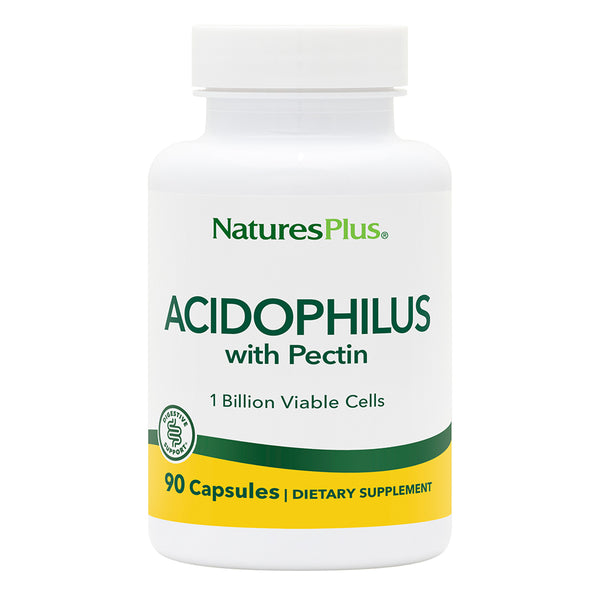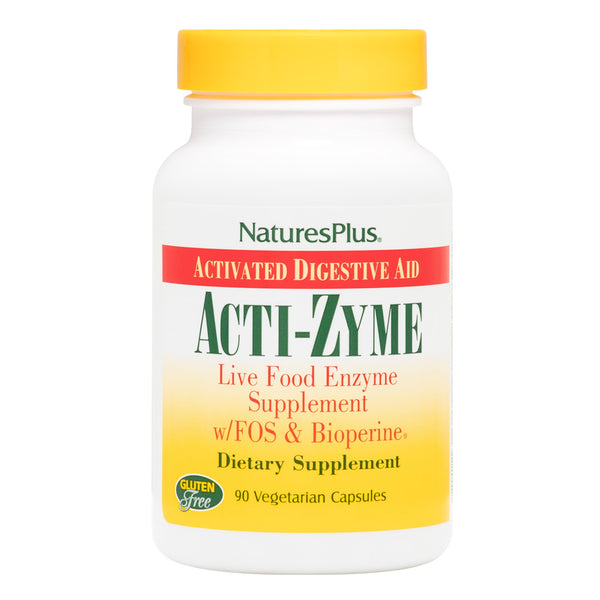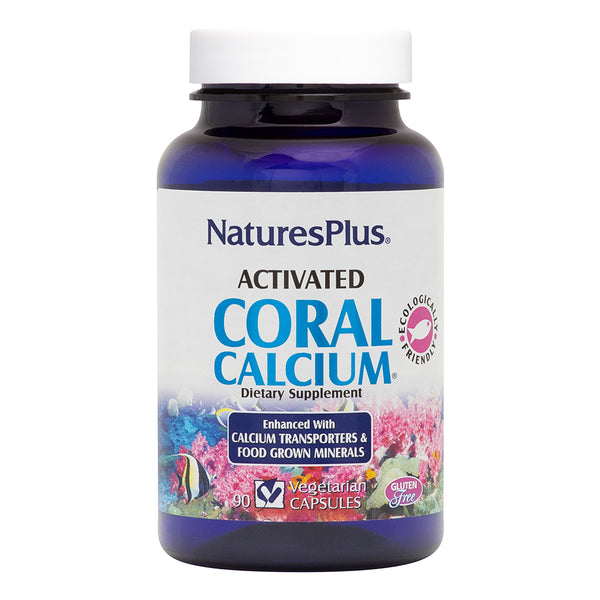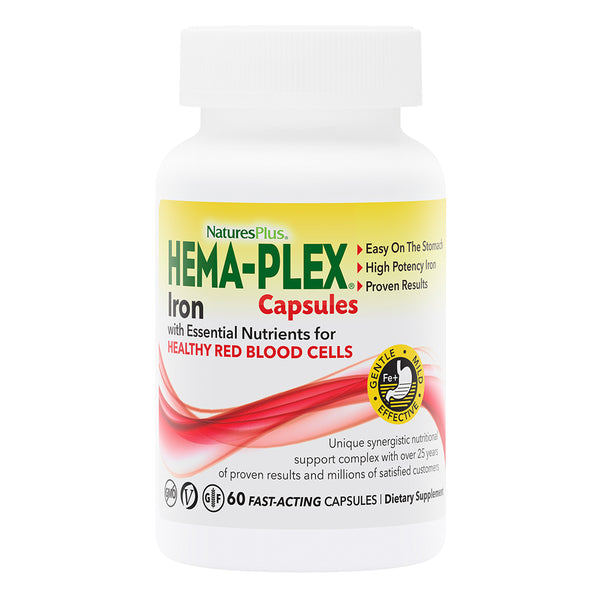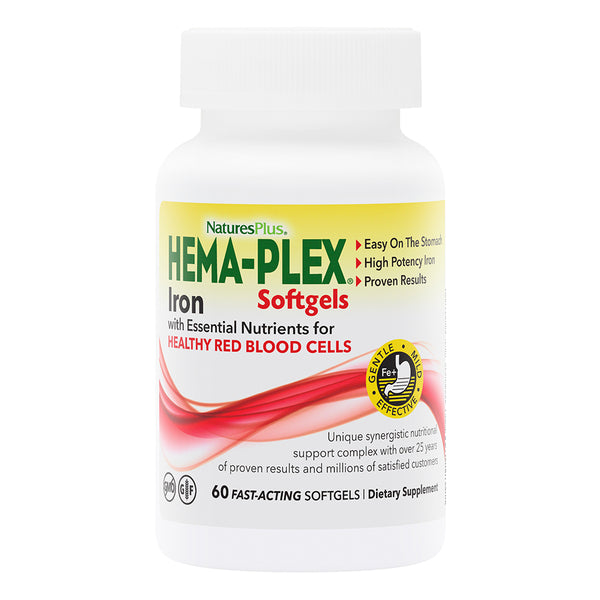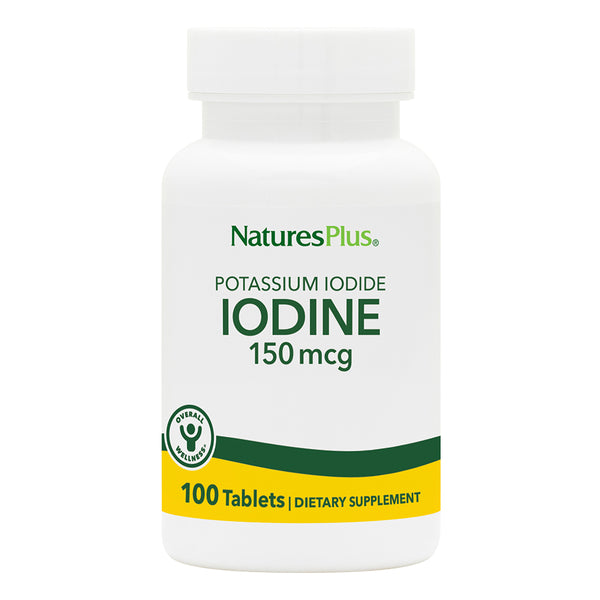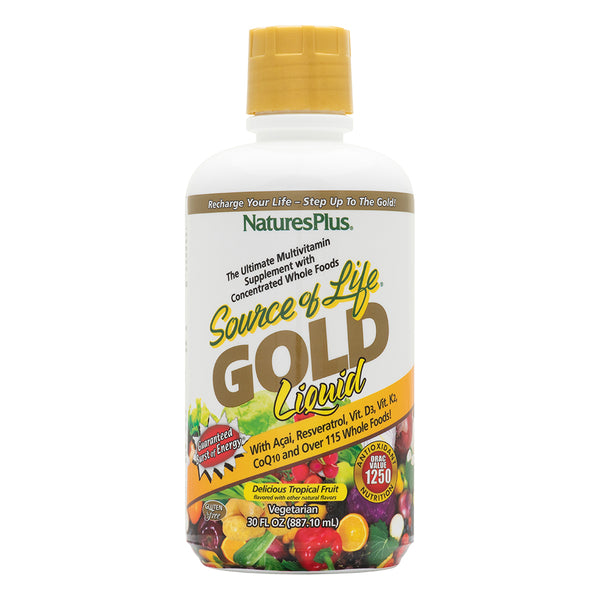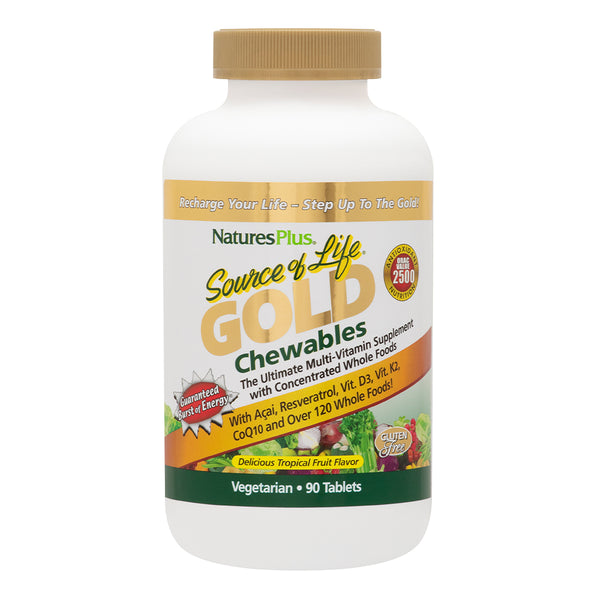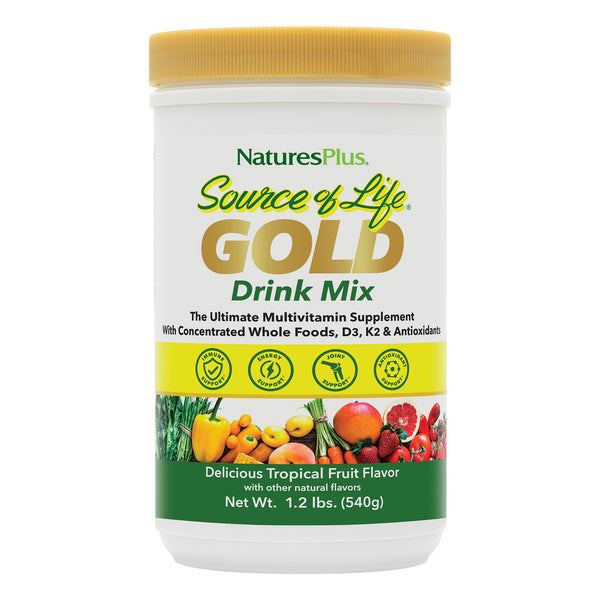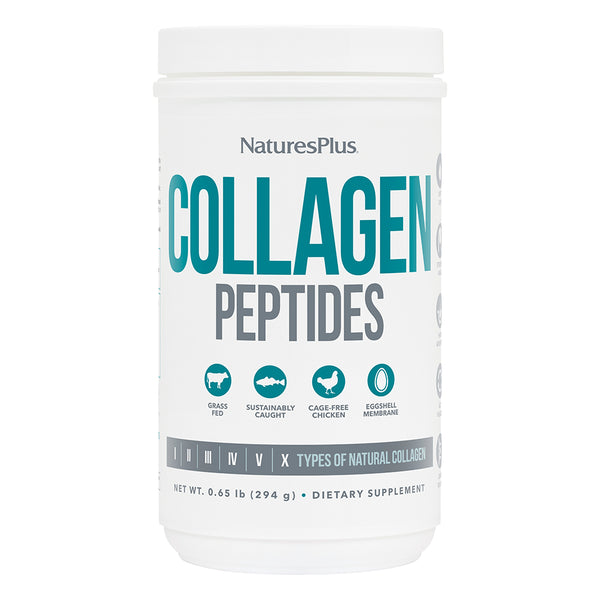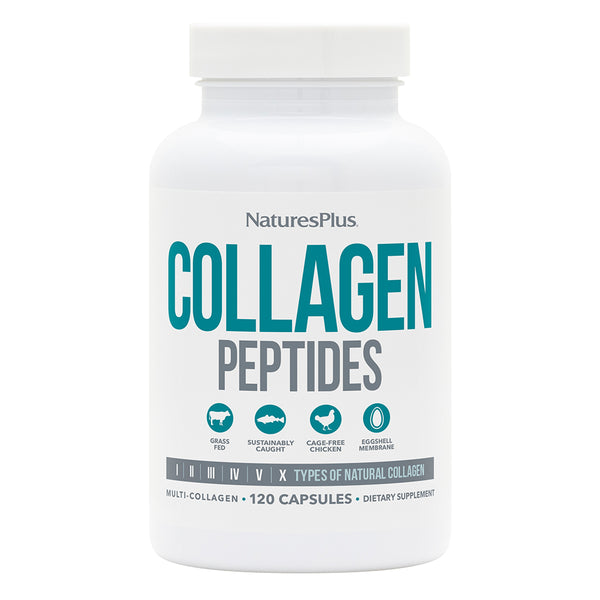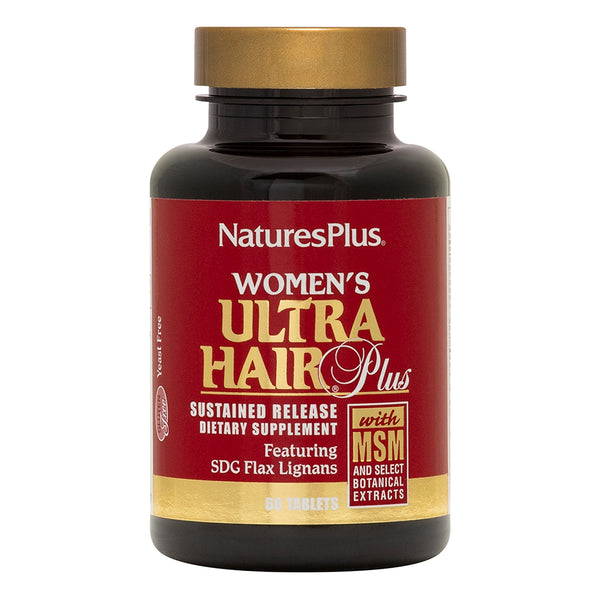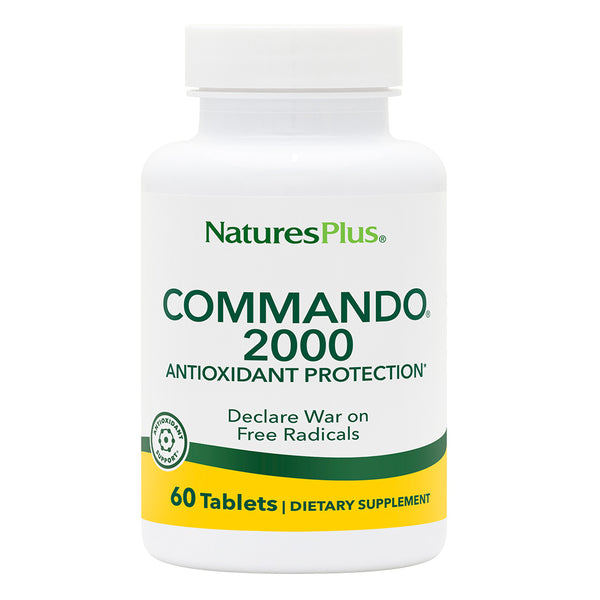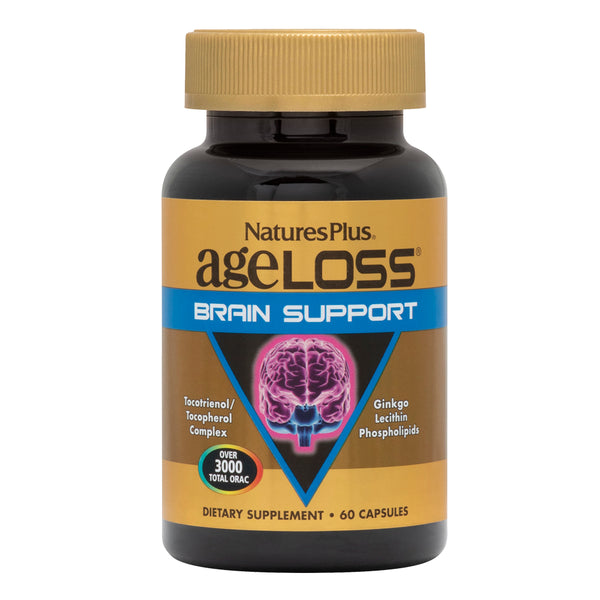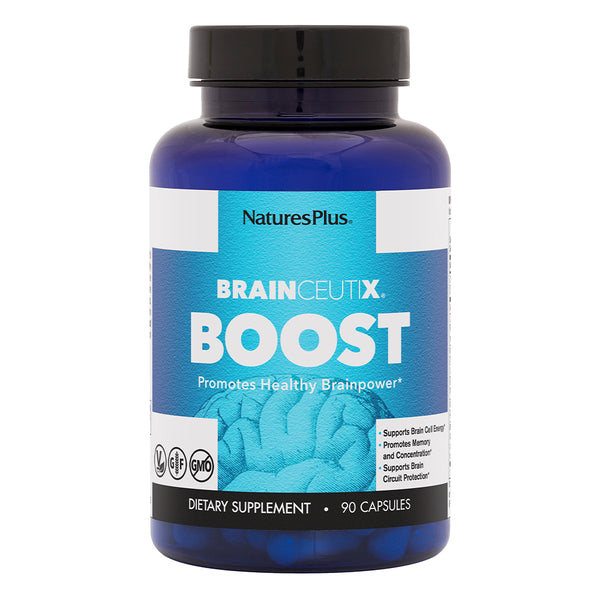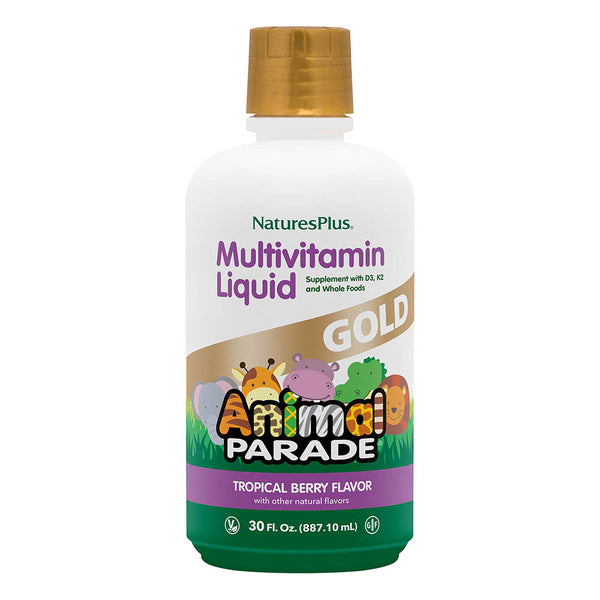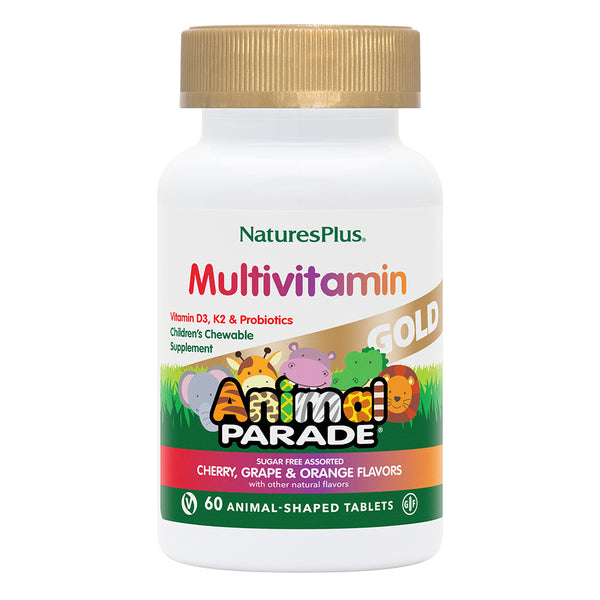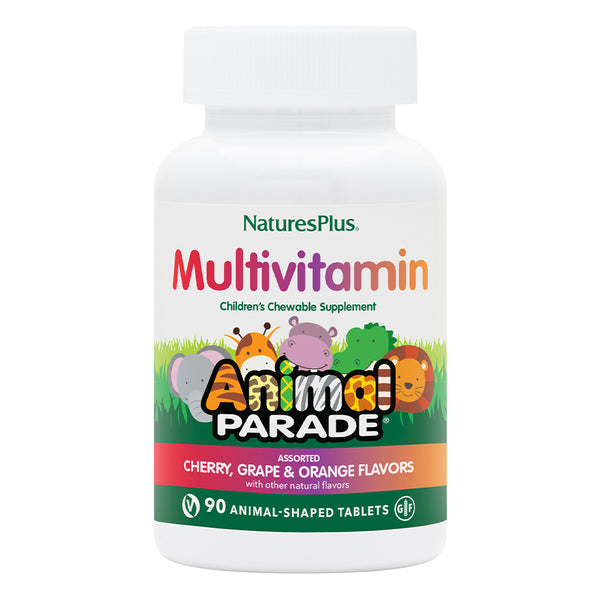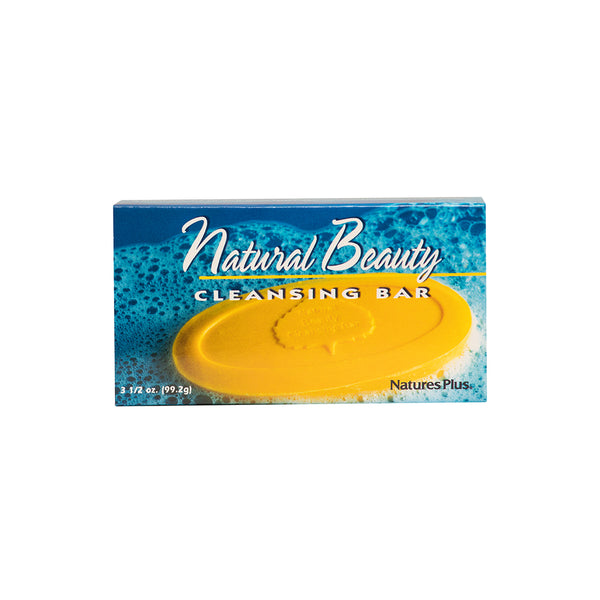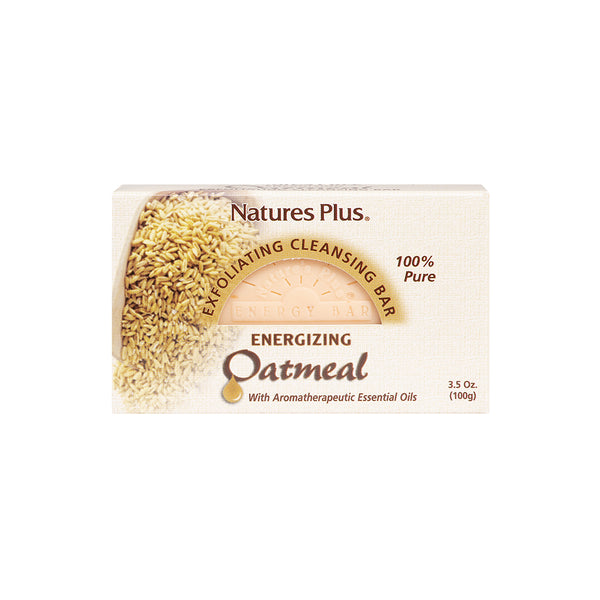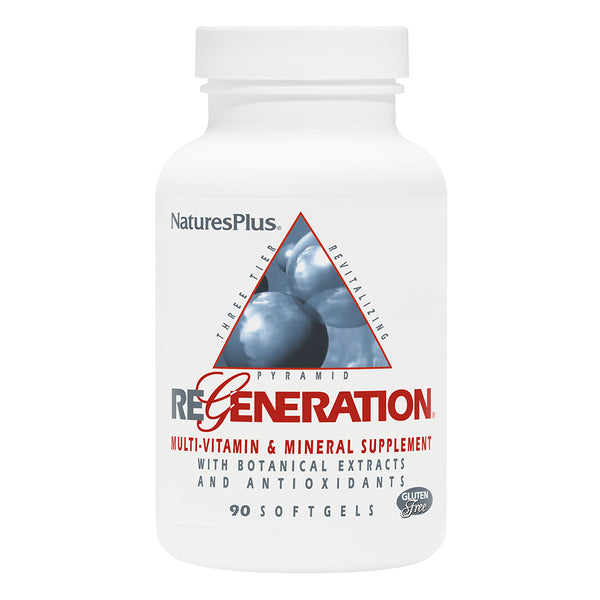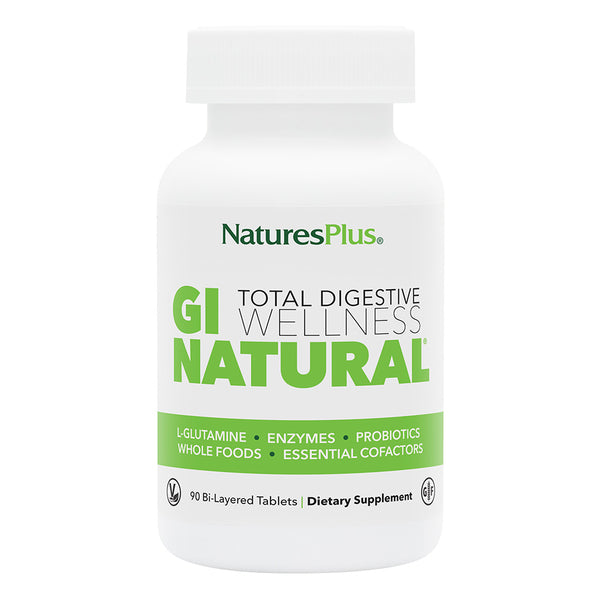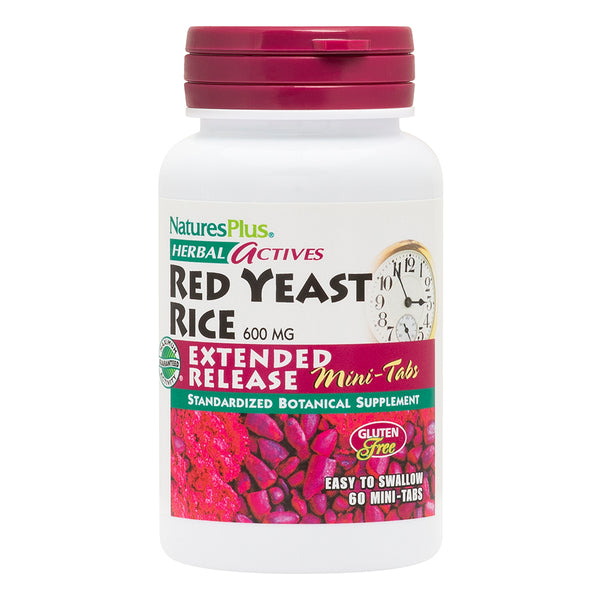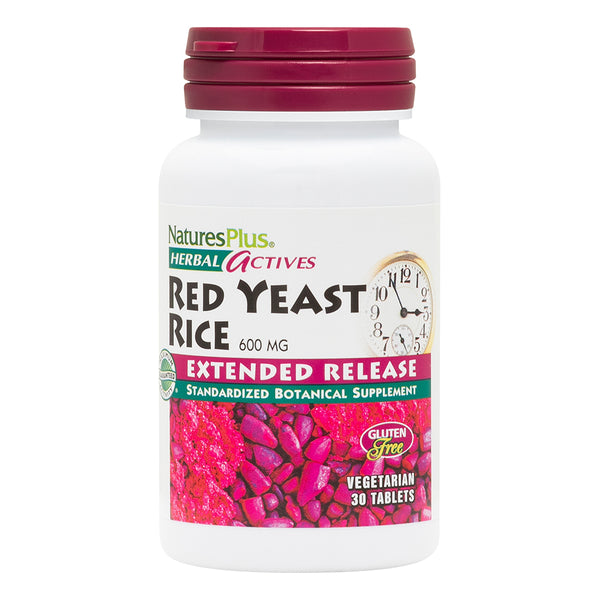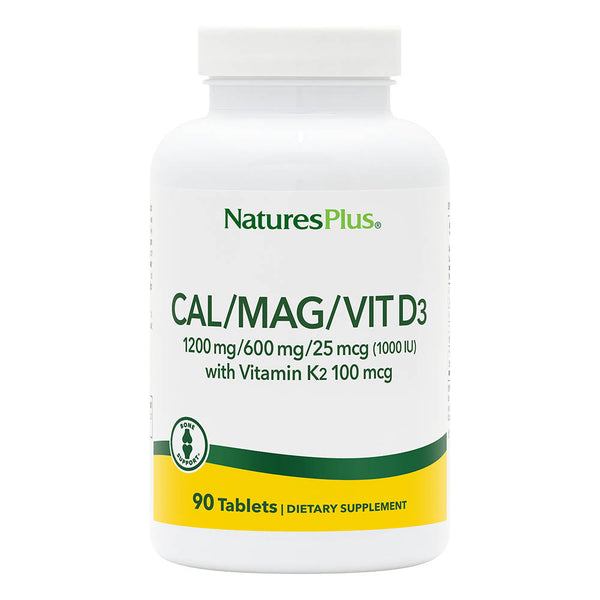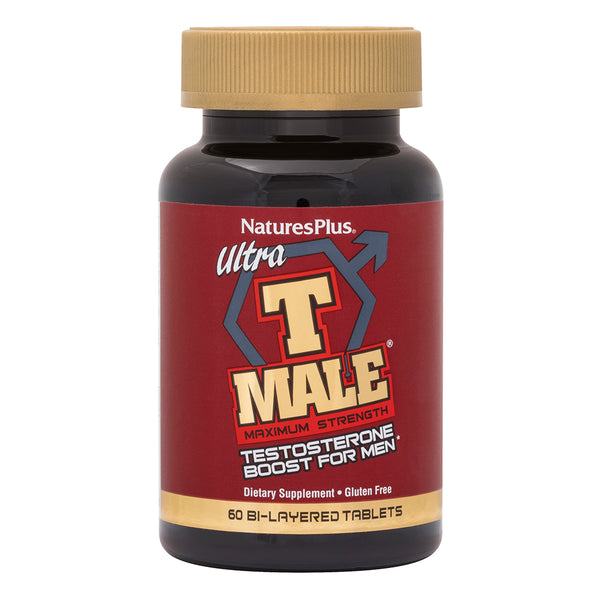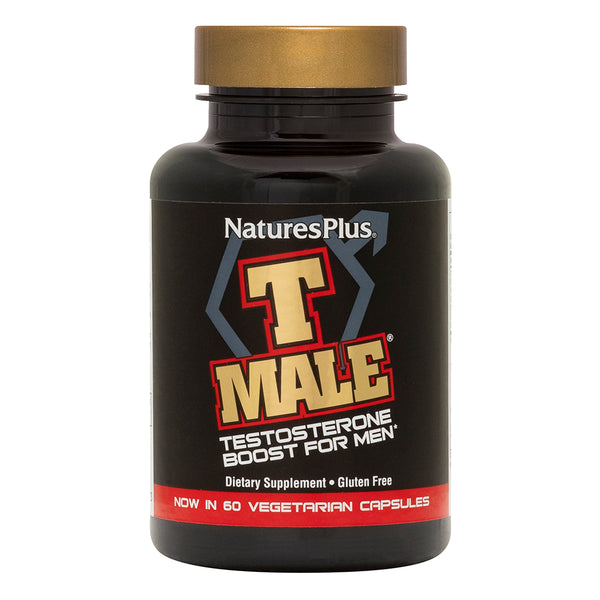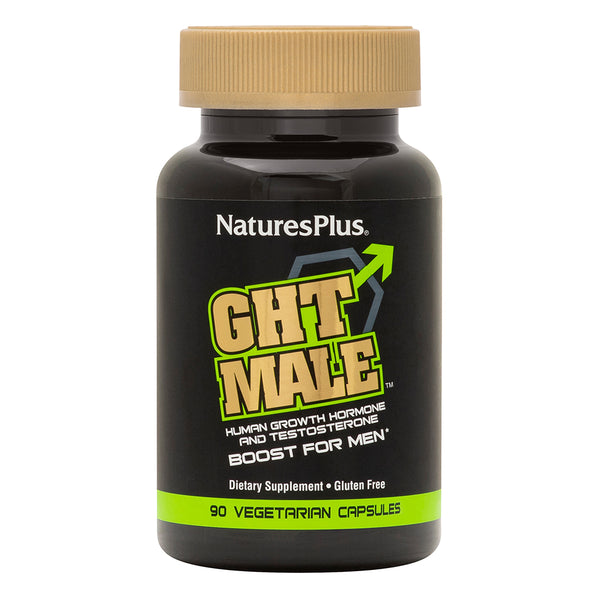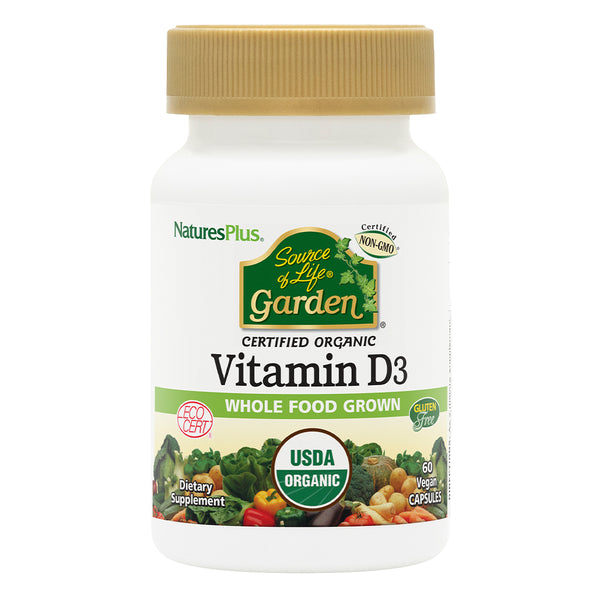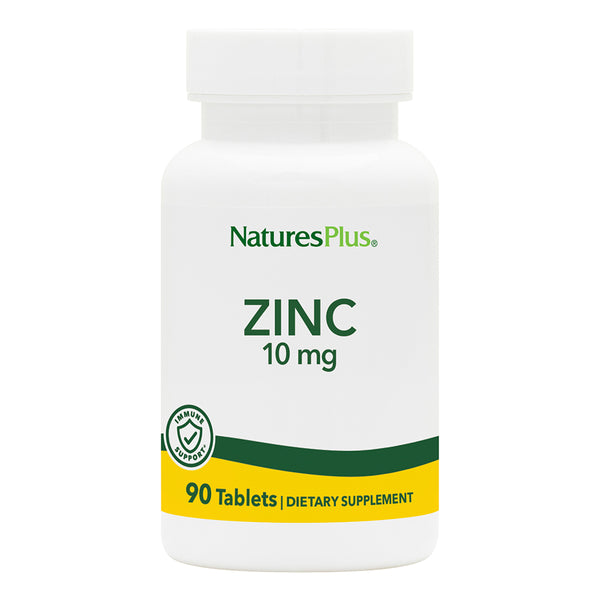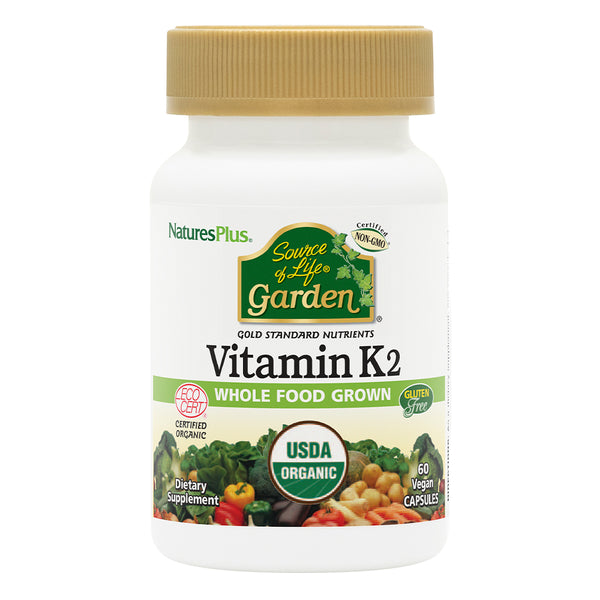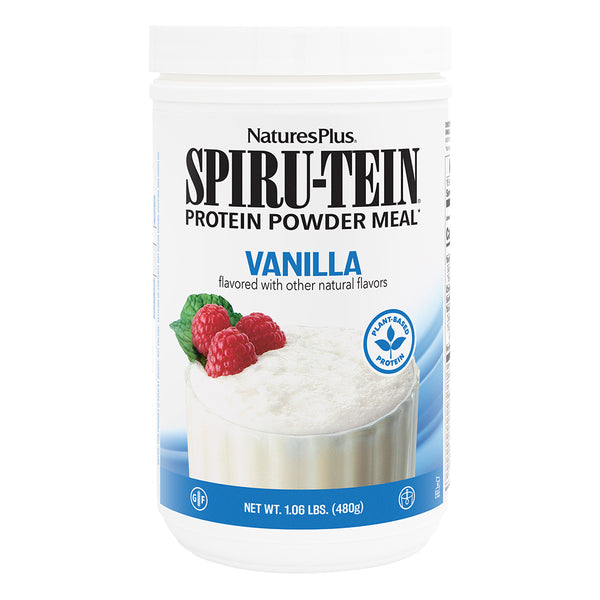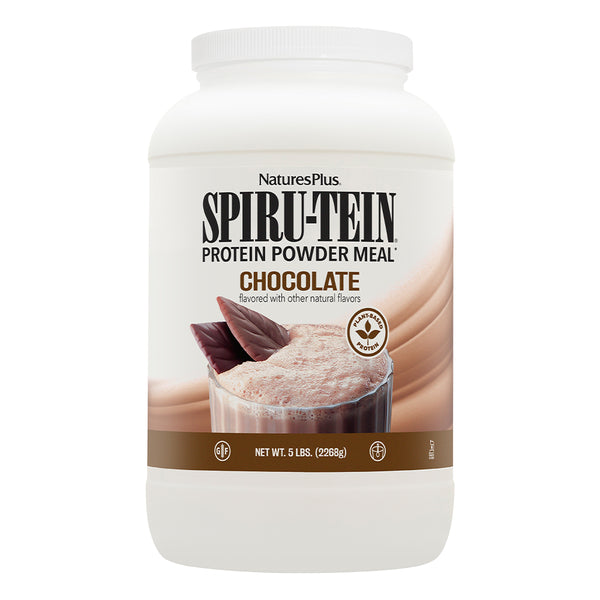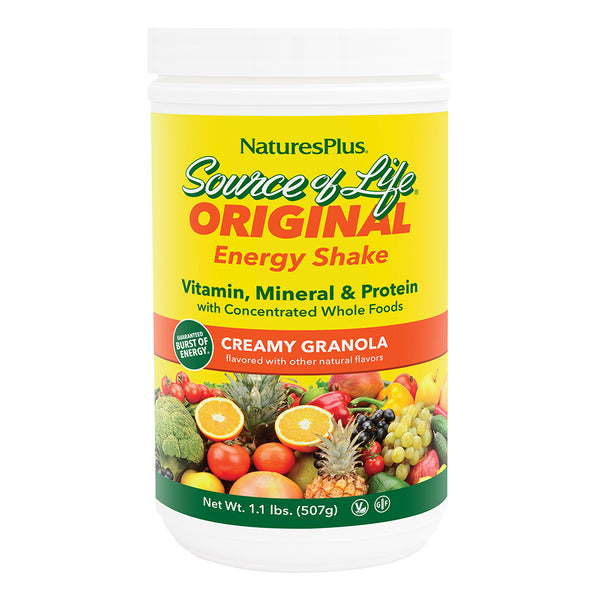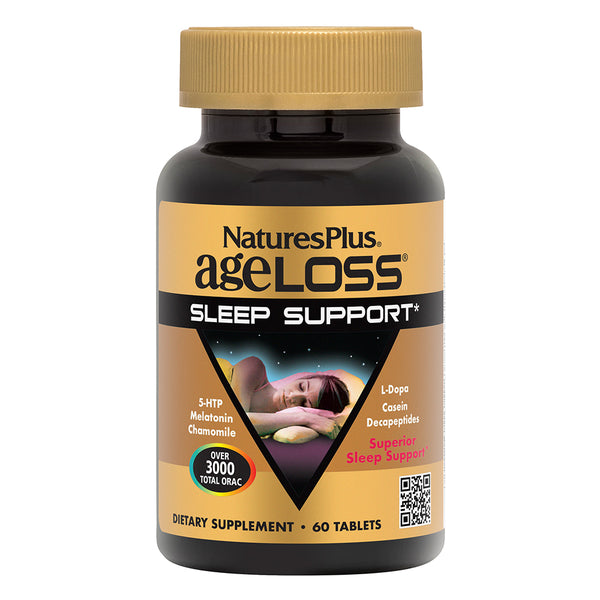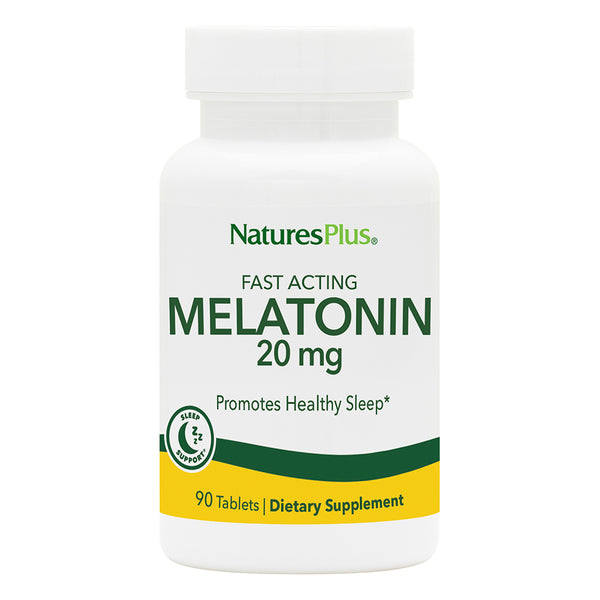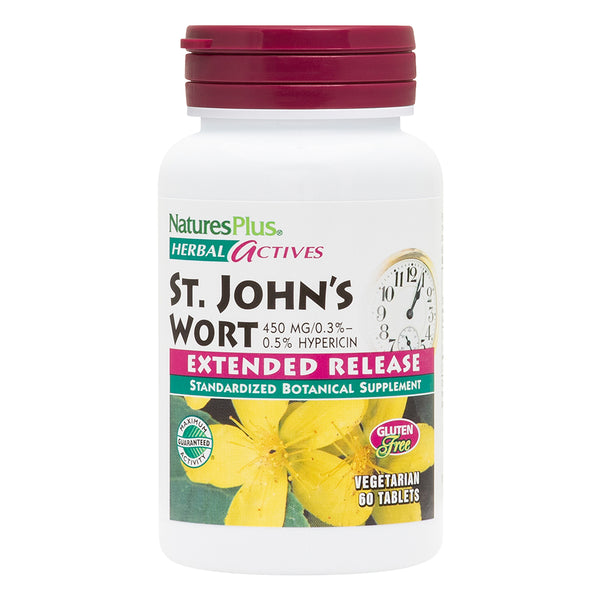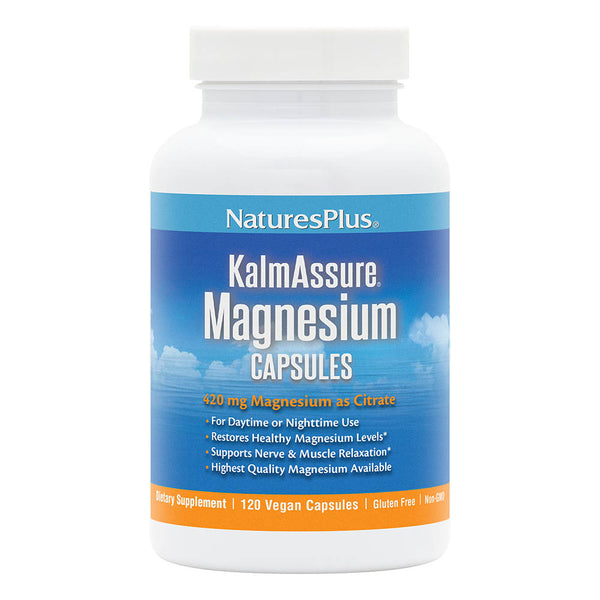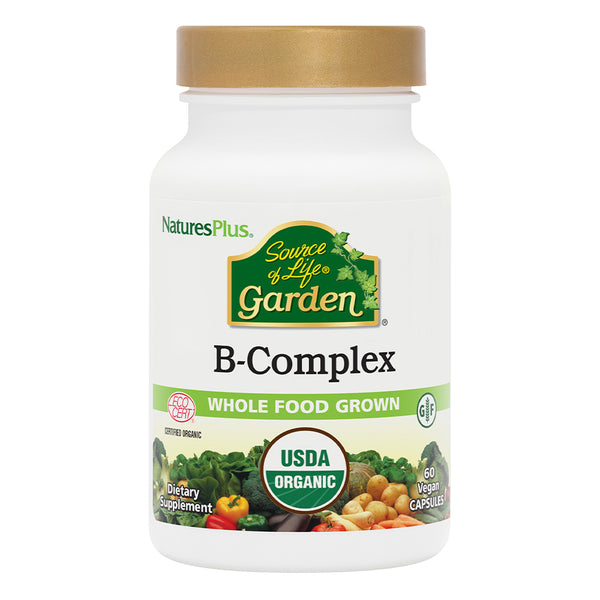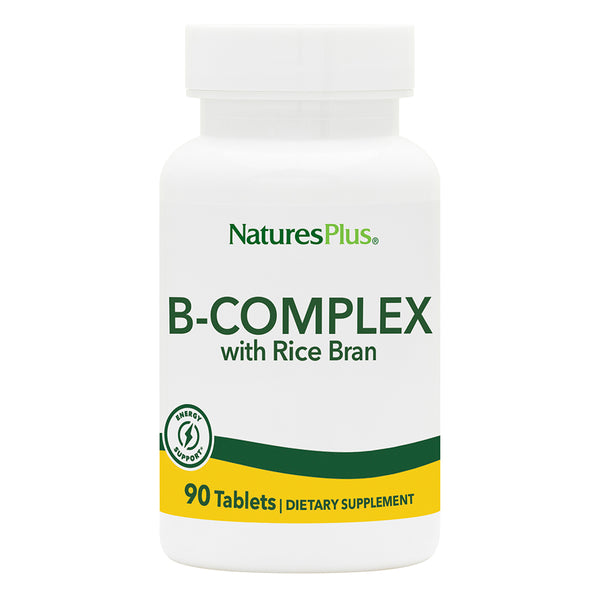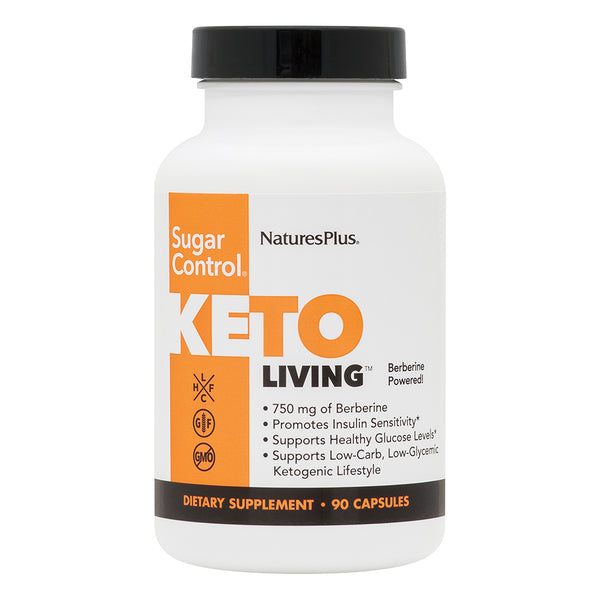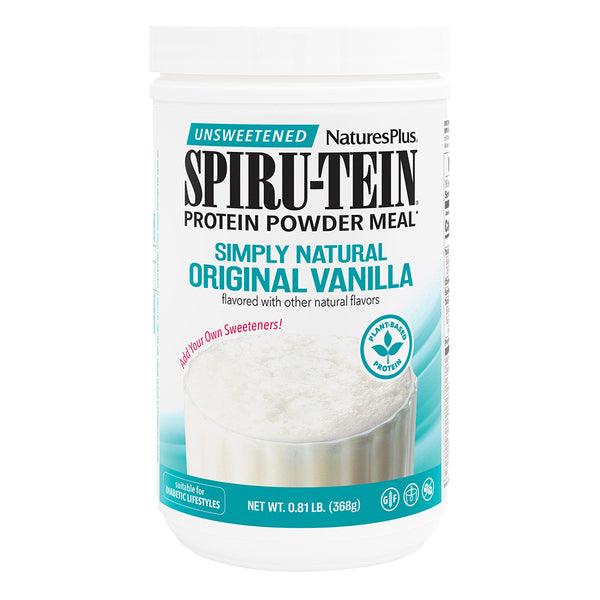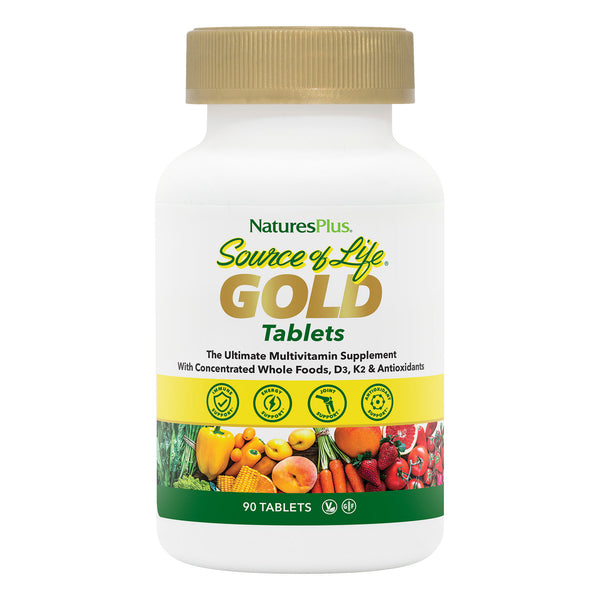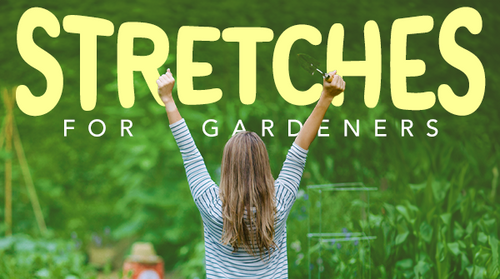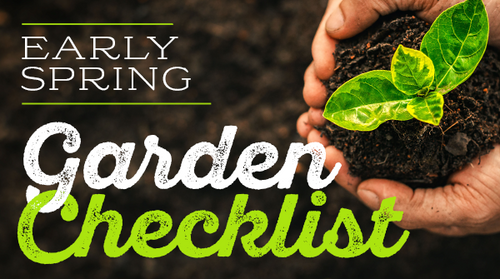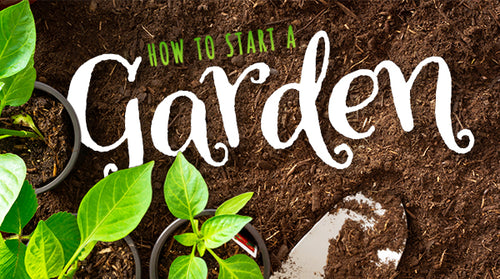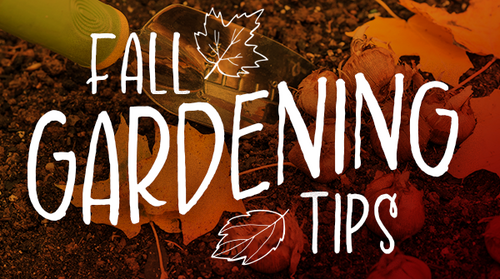You may love gardening...but your sinuses and nasal passages may have other ideas. The good news is that there are ways to exercise your green thumb while reducing the risk of sneezes and watery eyes.†The information provided is not an endorsement of any product, and is intended for educational purposes only. NaturesPlus does not provide medical advice and does not offer diagnosis of any conditions. Current research on this topic is not conclusive and further research may be needed in order to prove the benefits described. The conditions and symptoms described may be indicative of serious health problems, and therefore should be brought to the attention of a qualified healthcare practitioner.
Preventing Allergy Flareups
Try getting outside on days when pollen levels are likely to be low, generally on cloudy, windless days. For the most accurate pollen and mold counts, the American Academy of Allergy, Asthma & Immunology recommends subscribing to the email alerts available from the group’s National Allergy Bureau.
Long-sleeved shirts and pants can help protect your skin from both allergens and the sun (don’t forget your hat and sunscreen).
Everyone has gotten used to wearing a mask lately, so grab yours to keep allergens out of your nose. If you suffer from itchy eyes, consider using goggles as well. Don't touch your face and eyes while working outdoors.
Finally, don’t mow the lawn yourself. Ask a family member to handle lawn care, or hire someone. Keep your windows closed during the process and for a few hours afterwards.
Low-Allergen Plants
Some plants are better for allergy-prone gardeners than others.
When it comes to trees, some species, such as persimmon and yew, produce male and female flowers on different plants. Ask for females, since male trees release pollen.
In most cases, however, both types of flowers appear on the same tree. Avoid species such as cottonwood, maple and oak in favor of apple (and crabapple), dogwood, magnolia, pear, plum and serviceberry.
Try to avoid hedges, which easily collect dust, mold and pollen; if you do plant them, keep them well pruned. Low-allergy shrubs include azalea, hydrangea and viburnum.
Ground covers, such as sweet-smelling thyme or shade-tolerant pachysandra, are a better bet than grasses, which release a lot of pollen. And use ground oyster shell instead of mulch, which can harbor mold.
Add color to your garden with bright, showy flowers, which tend to be pollinated by insects instead of the wind. Allergy-friendly options include:
- Begonia
- Clematis
- Crocus
- Daffodil
- Dahlia
- Geranium
- Hibiscus
- Impatiens
- Iris
- Pansy
- Periwinkle
- Phlox
- Rose
- Snapdragon
- Tulip
- Verbena
- Zinnia
Beware of sunflowers, chrysanthemums and daisies, however. They are distant cousins to ragweed, a common allergen.
Post-Gardening Cleanup
Finished for the day? Avoid carrying pollen and mold into the house by leaving gloves, shoes and tools outside.
If you can, get out of your clothes outside, on the porch or in the garage, and then bag them for immediate transport to the laundry room. Shower as soon as you come in; wash your hair well to avoid depositing allergens onto your pillow at bedtime. You can also rinse your nasal passages with a saline solution using either a commercially available spray or a neti pot.
†The information provided is not an endorsement of any product, and is intended for educational purposes only. NaturesPlus does not provide medical advice and does not offer diagnosis of any conditions. Current research on this topic is not conclusive and further research may be needed in order to prove the benefits described. The conditions and symptoms described may be indicative of serious health problems, and therefore should be brought to the attention of a qualified healthcare practitioner.The information provided is not an endorsement of any product, and is intended for educational purposes only. NaturesPlus does not provide medical advice and does not offer diagnosis of any conditions. Current research on this topic is not conclusive and further research may be needed in order to prove the benefits described.
The conditions and symptoms described may be indicative of serious health problems, and therefore should be brought to the attention of a qualified healthcare practitioner.
Like this article? You’ll love our weekly newsletter
sign up here!
**These statements have not been evaluated by the Food and Drug Administration. This product is not intended to diagnose, treat, cure or prevent any disease.
